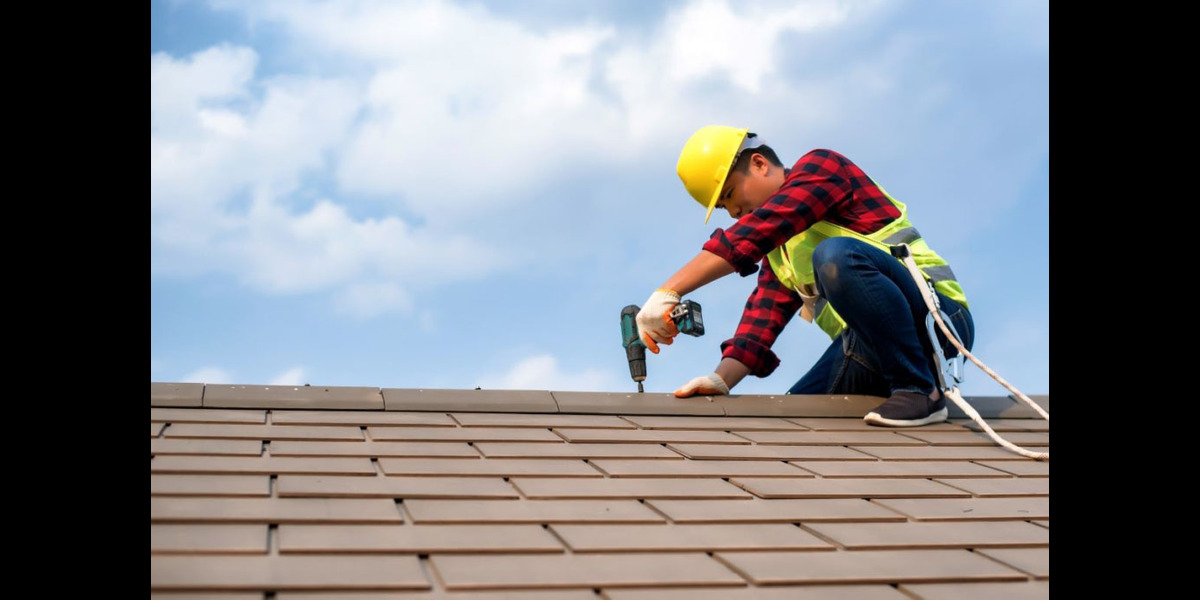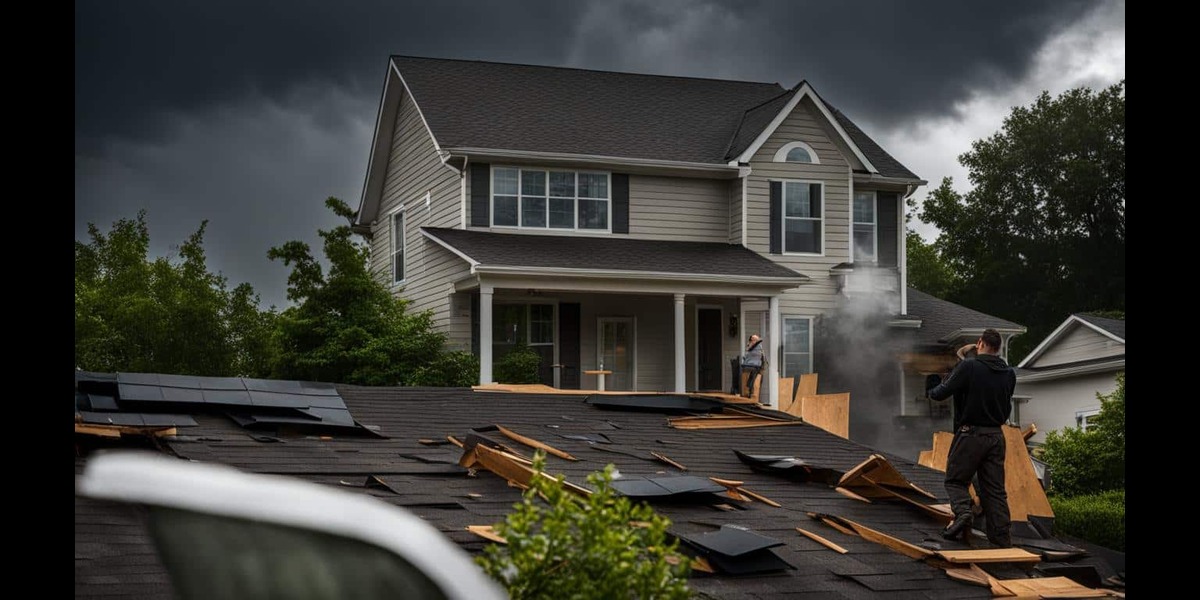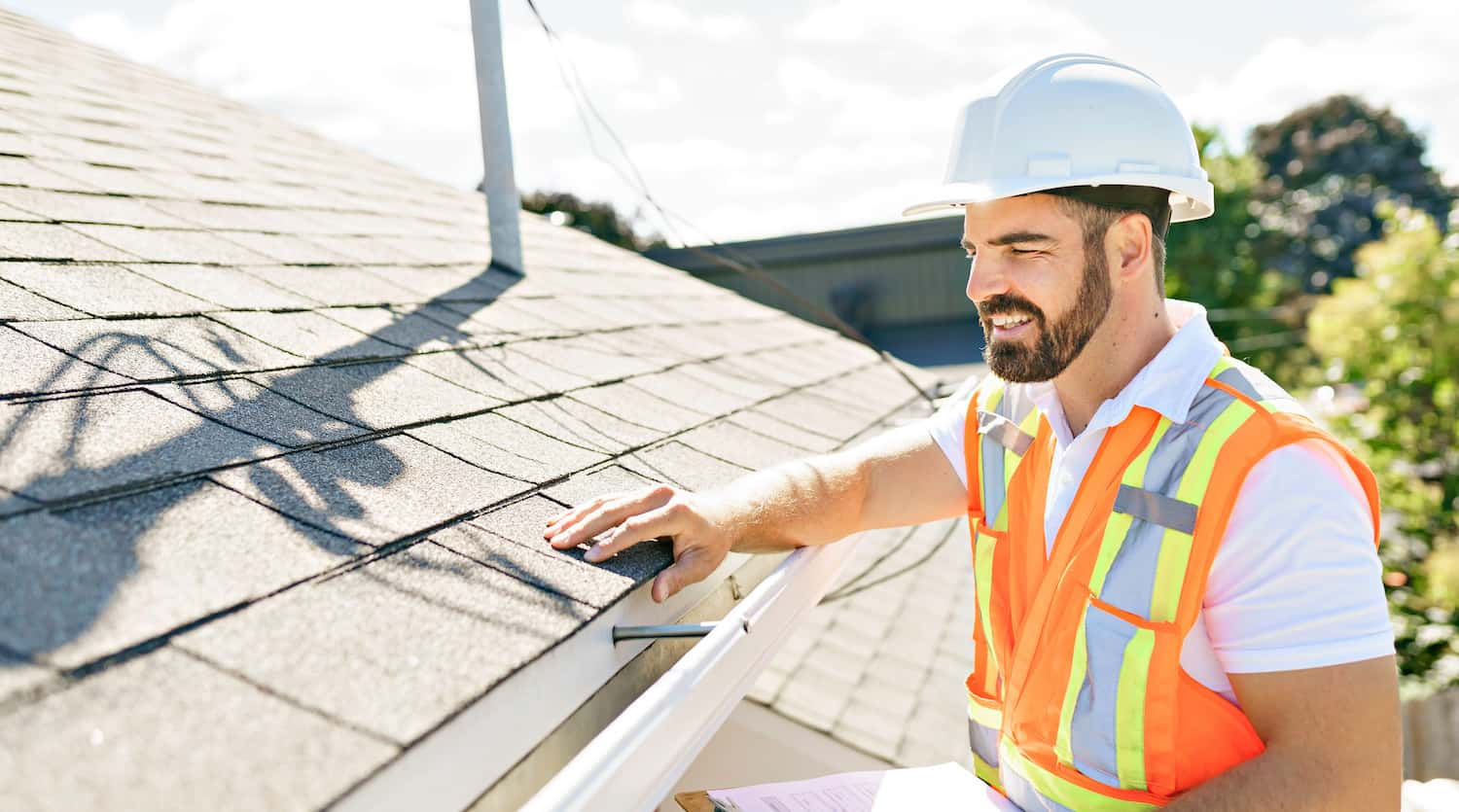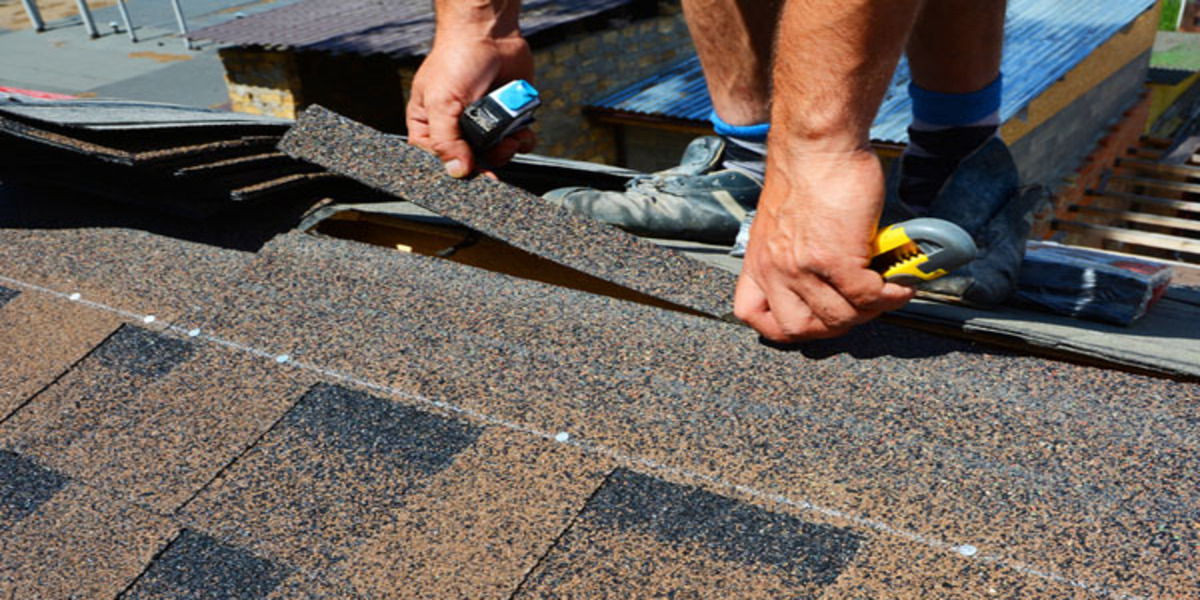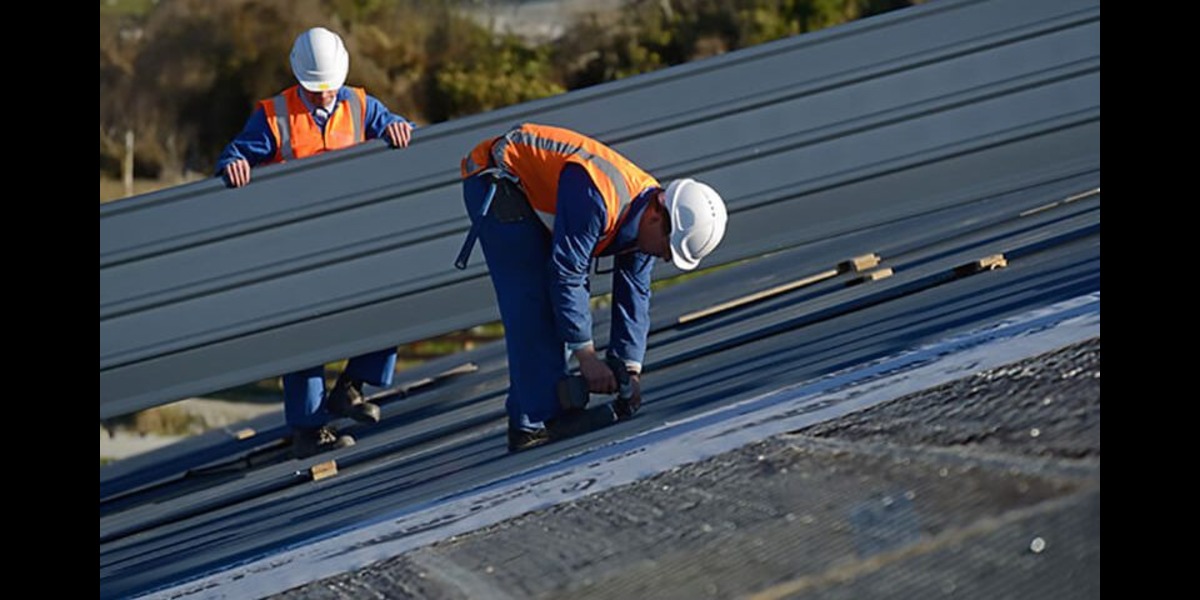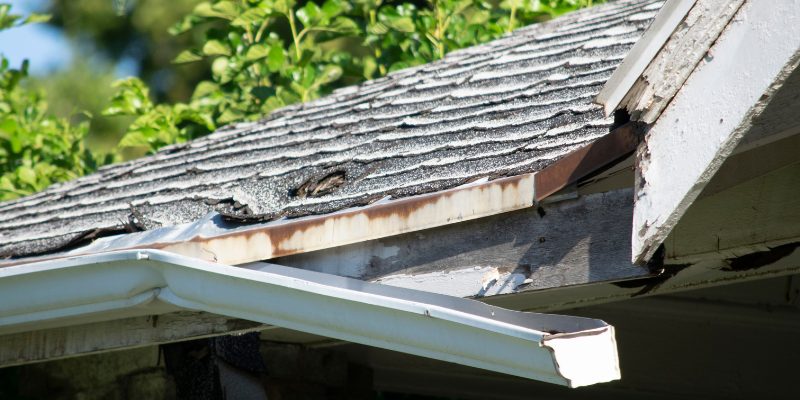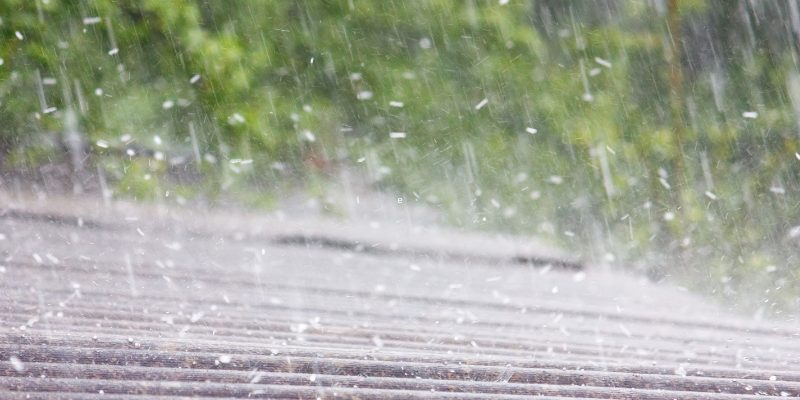
How Does Weather Affect Long Island Roofs?

Long Island, NY, is known for its diverse and often challenging weather conditions, ranging from hot and humid summers to cold and snowy winters, along with the occasional hurricane.
These weather variations can significantly impact the lifespan and integrity of roofs across the island. In this article, we’ll explore how different weather conditions affect roofs in Long Island, particularly in Suffolk and Nassau Counties, and provide insights on how homeowners can mitigate these effects.
Weather Challenges for Long Island Roofs
Summer Heat and Humidity
During summer, Long Island experiences high temperatures and humidity levels. This combination can be particularly tough on roofing materials, causing several issues:
Thermal Expansion and Contraction
Asphalt shingles, a common roofing material in towns like Islip, Smithtown, and Brookhaven, expand in the heat and contract as temperatures cool down at night. Over time, this can lead to cracks and weakening of the shingles.
UV Damage
Prolonged exposure to the sun’s UV rays can degrade roofing materials, causing them to become brittle and more susceptible to cracking. In areas like Huntington and Babylon, where homes are often exposed to direct sunlight, UV damage is a common concern.
Moisture and Mold Growth
The combination of heat and humidity creates a perfect environment for mold and mildew growth, especially in areas with poor ventilation. This can compromise the integrity of the roof structure in homes across Oyster Bay and Hempstead.
Winter Cold and Snow
Winter in Long Island brings its own set of challenges. Towns like Riverhead and Southampton often see heavy snowfall, which can strain roofs and gutters.
Snow and Ice Accumulation
The weight of snow and ice can stress roofing materials and structures. This is particularly concerning for older homes or those with flat roofs. Ice dams, which form when melting snow refreezes at the roof’s edge, can cause water to seep under shingles and lead to leaks.
Freeze-Thaw Cycles
Repeated freezing and thawing can cause shingles to lift and nails to pop, creating gaps where water can infiltrate. This is a common issue in towns like Massapequa and Levittown.
Spring and Fall Rains
Heavy rainfall is typical during spring and fall. Towns like Patchogue and Port Jefferson often experience significant rainfall, which can impact roofs in several ways:
Water Infiltration
Aging or damaged roofs are vulnerable to leaks, especially during prolonged periods of rain. Flashing around chimneys, vents, and skylights can also deteriorate and allow water to seep into the home.
Gutter Blockages
Leaves and debris can clog gutters, leading to water backup and potential damage to the roof edge and fascia. Regular maintenance is crucial to prevent these issues in towns like Commack and Melville.
Hurricanes and Severe Storms
Long Island is occasionally hit by hurricanes and severe storms, which can cause extensive damage, particularly in coastal towns like Montauk and Hampton Bays.
High Winds
Strong winds can rip off shingles, tiles, or even sections of the roof. Flying debris can also cause significant damage. Homes in East Hampton and Sag Harbor are especially vulnerable during these events.
Flooding
Coastal flooding can saturate roofing materials, leading to rot and deterioration. Proper roof drainage and robust materials are essential for homes in low-lying areas like Freeport and Long Beach.
Mitigating Weather Impact on Your Roof
Given the diverse weather conditions in Long Island, it’s essential for homeowners to take proactive steps to protect their roofs. Here are some tips to help:
Regular Inspections
Regular roof inspections, especially after severe weather, can help identify and address issues before they become major problems. It’s advisable to have a professional inspect your roof at least twice a year and after significant weather events.
Proper Ventilation and Insulation
Ensuring adequate attic ventilation and insulation can help regulate temperature and moisture levels, reducing the risk of damage from heat, cold, and humidity.
Quality Roofing Materials
Investing in high-quality, weather-resistant GAF roofing materials can extend the life of your roof. Materials such as impact-resistant shingles and metal roofing are designed to withstand harsh weather conditions.
Gutter Maintenance
Keep gutters clean and free of debris to ensure proper drainage. This prevents water from backing up and causing damage to your roof and home.
Emergency Preparedness
Have a plan in place for severe weather, including knowing how to safely secure your home and roof before a storm hits. Consider keeping emergency repair materials on hand, such as tarps and roof patching supplies.
By understanding how different weather conditions affect roofs and taking proactive measures to mitigate these effects, you can ensure your roof remains in good condition year-round, staying ahead of weather-related roof issues is key to protecting your home and investment.
For professional roofing inspections, repairs, and installations in Long Island, consider reaching out to local experts who understand the specific challenges of the region. Stay safe and weather-ready!
Email:
chiefcornerstoneinc@gmail.com
Address:
11 Katie Ct, Lake Grove, NY 11755
Phone Number:
516-273-6428

Hours of Operation
Mon – Fri 8:00am – 8:00pm
Sat – Sun 8:00am – 6:00pm

